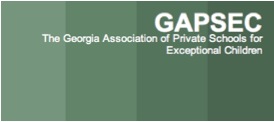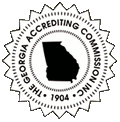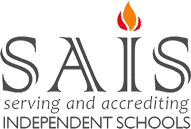Informational Websites and Books
Informational Websites
Informational Books
- Ratey, John J., M.D. (2008). Spark: The Revolutionary New Science of Exercise and the Brain.
- Tanguay, Pamela B. (2002). Nonverbal Learning Disabilities at School: Educating Students with NLD, Asperger Syndrome, and Related Conditions.
- Tanguay, Pamela B. Nonverbal Learning Disabilities at Home: A Parent’s Guide.
- Edwards, C. Drew, Ph.D. (1999). How to Handle a Hard to Handle Kid: A Parents’ Guide to Understanding and Changing Problem Behaviors
- Phelan, Thomas W. (2010). 1-2-3 Magic: Effective Discipline for Children 2-12 (Advice on Parenting).
- Popkin, Michael (2007). Taming the Spirited Child: Strategies for Parenting Challenging Children without Breaking their Spirits.
- Levine, Mel, M.D. (2003). The Myth of Laziness: America’s Top Learning Expert Shows How Kids – and Parents – Can Become More Productive.
- Levine, Mel, M.D. (2003). A Mind At A Time.
- Levine, Mel, M.D. (2006). Ready or Not, Here Life Comes.
- Levine, Mel, M.D. & Pholman, Craig (2007). Revealing Minds: Assessing to Understand and Support Struggling Learners.
- Levine, Mel, M.D. (1992). All Kinds of Minds: A Young Student’s Book About Learning Abilities and Learning Disorders.
- Levine, Mel, M.D. (1994). Educational Care: A System for Understanding and Helping Children with Learning Problems at Home and in School.
- Lavoie, Richard, Reiner, Michele,Reiner, Rob, & Levine, Mel (2006). It’s So Much Work to Be Your Friend: Helping the Child with Learning Disabilities Find Social Success.
- Hannaford, Carla, Ph.D. (2005). Smart Moves: Why Learning Is Not All In Your Head – 2nd edition.
- Amen, Daniel G., M.D. (1998). Change Your Brain Change Your Life: The Breakthrough Program for Conquering Anxiety, Depression, Obsessiveness, Anger, and Impulsiveness.
- Begley, Sharon (2007). Train Your Mind Change Your Brain: How A New Science Reveals Our Extraordinary Potential To Transform Ourselves.
- Bock, Kenneth, M.D., & Stauth, Cameron (2008). Healing the New Childhood Epidemics: Autism, ADHD, Asthma, and Allergies: The Groundbreaking Program for the 4-A Disorders.
- Agin, Marilyn, Geng, Lisa, & Nicholl, Malcolm (2004). The Late Talker: What to do if your Child isn’t Talking Yet.
- Papolos, Demitri, M.D., & Papolos, Janice (2002). The Bipolar Child: The Definitive and Reassuring Guide to Childhood’s Most Misunderstood Disorder.
|
|






